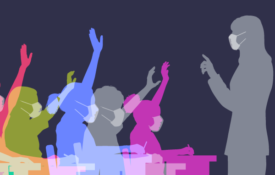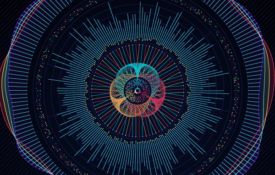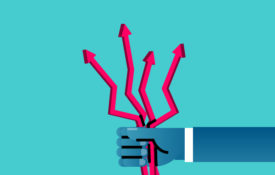-
Adam Grant: Why the Best Leaders Love Being Wrong
Many first-time entrepreneurs share a similar narrative: They stumbled upon a problem in need of solving and, against all kinds of odds, worked like crazy to come up with the best solution to it. "I just had to figure it out!" they often say. "I felt like such an imposter!" That early period can be one of the most fruitful and special times in the life of an entrepreneur: You're eager to learn and act on that new knowledge.
-

‘Explicit Instruction’ Provides Dramatic Benefits in Learning to Read
When it comes to learning to read, new research suggests that explicit instruction—a phonics teaching method in which the relationship between sound and spelling is taught directly and systematically—is more effective than self-discovery through reading.
-

Methodologies and the Evolution of Science
Reflecting on the President’s Column in the March/April issue of the Observer, NPR science correspondent Joe Palca, who earned a PhD in psychology from the University of California, Santa Cruz, offers his unique take on
-

Scaling Up Savings: More Targeted Policies Could Help the Hardest Hit
Too many Americans can’t afford an emergency expense. Psychological science can help.
-
Why 500,000 COVID-19 Deaths May Not Feel Any Different
Why is it so hard to feel the difference between 400,000 and 500,000 COVID-19 deaths—and how might that impact our decision making during the pandemic? Psychologist Paul Slovic explains the concept of psychic numbing and how humans can often use emotion, rather than statistics to make decisions about risk. ...
-

New Research in Psychological Science
A sample of research on note-taking, visual processing speed in older adults, logical reasoning in monkeys, narcissism in children, counterfactual curiosity, how narratives can shape attitudes toward immigration, motion perception, and using a distanced diary to train for wisdom.

